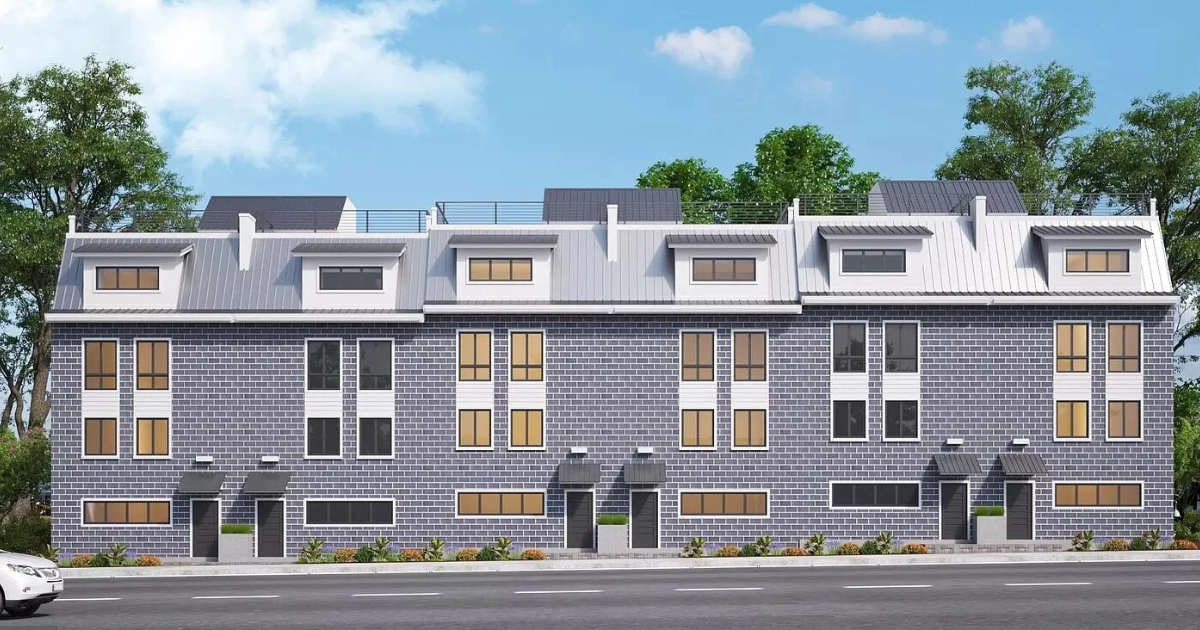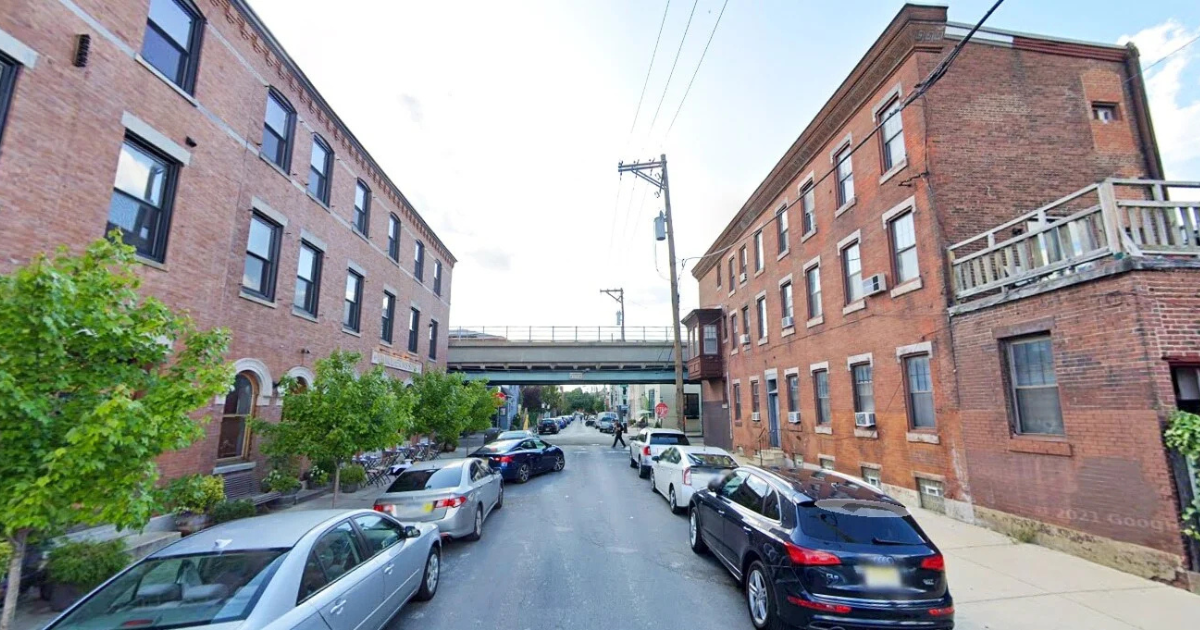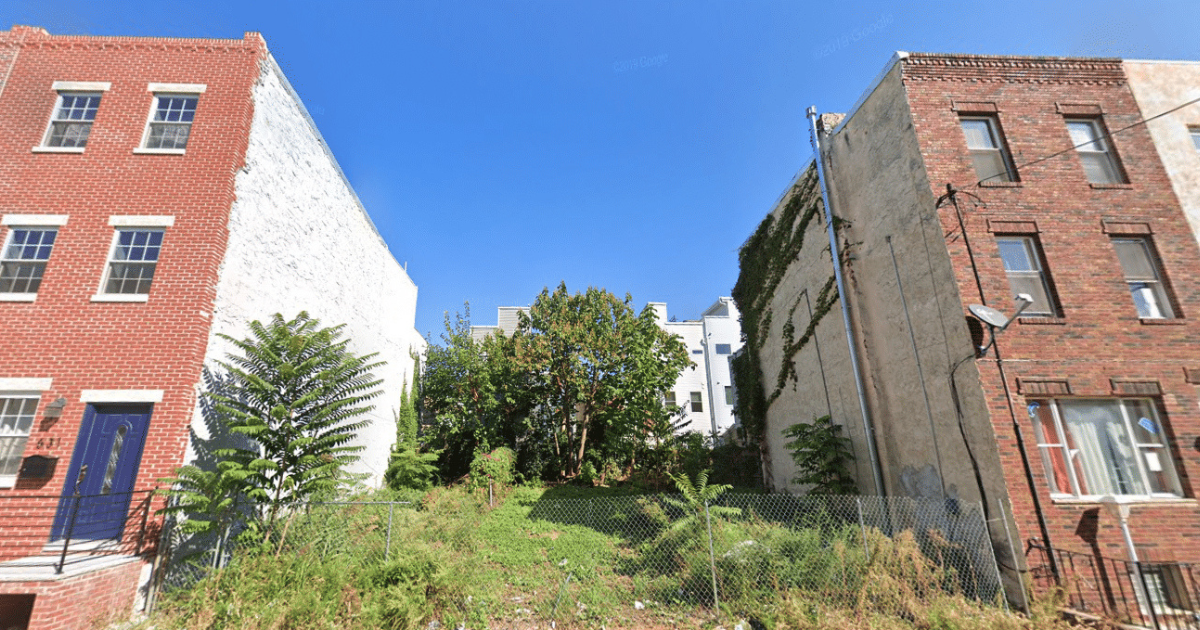Landlord Enters Into Commercial Lease with Restaurant Operator in the Heart of Fishtown
One of our clients was a landlord who was approached by a restaurant operator with a unique request to lease the first floor of a mixed-use...
2 min read
Nochumson P.C. : Jul 21, 2021 9:00:00 AM

When our client retained our services, they were looking to obtain a zoning variance of the Philadelphia Zoning Code from the City of Philadelphia’s Zoning Board of Adjustment (ZBA). The goal of the developer was to build a twenty (20) unit building on a uniquely configured parcel of land in the Brewerytown section of Philadelphia.
The project called for the conversion of that land from a single parcel into a 20-unit planned community with a common driveway for off-street parking so that the real estate developer could then sell each of the units to prospective homebuyers.
Even before the real estate developer could obtain governmental approval to build these units, the team at Nochumson P.C. had to obtain tax identification numbers for each of the units from the City of Philadelphia’s Office of Property Assessment (OPA). Upon doing so, we then had to create several easements between the units so that the homebuyers would be able to access the front and the rear of their units for both pedestrian and vehicular traffic. These easements were memorialized by way of written agreements, which were recorded as a matter of public record against the property with the Recorder of Deeds of Philadelphia County.
Our next step was to then create a homeowner’s association for the multi-unit structure, which would oversee and manage the planned community. We accomplished this by duly filing articles of incorporation for the homeowner’s association with the Pennsylvania Department of State.
The final and most important part of the conversion of the land was to prepare a public offering statement for the planned community which the real estate developer delivered to prospective unit owners while these units were being marketed for sale. The public offering statement consisted of, among other things:
The declaration of the planned community, which converted the property from a single parcel of land into twenty (20) units which could be separately conveyed subject to the common elements and limited common elements of the planned community.
The bylaws governing the operation and management of the homeowner’s association.
The rules and regulations which the unit owners had to abide by during their unit ownership.
The proposed budget of the homeowner’s association for its first year of existence.
A narrative to prospective unit owners about what a planned community is, their rights and obligations under the governing planned community documents, as well as the real estate developer’s obligations to them under the governing planned community documents and the law.
In the end, after a strategic and thorough plan was put in place and executed, our client was able to sell all of these units for almost $10 million dollars.

One of our clients was a landlord who was approached by a restaurant operator with a unique request to lease the first floor of a mixed-use...

Our real estate developer client had entered into a written contract to purchase a parcel of vacant land in an increasingly popular section of...

Purchasing a new construction home involves certain risks. Without normal wear and tear or the passage of time to uncover latent defects, discovering...